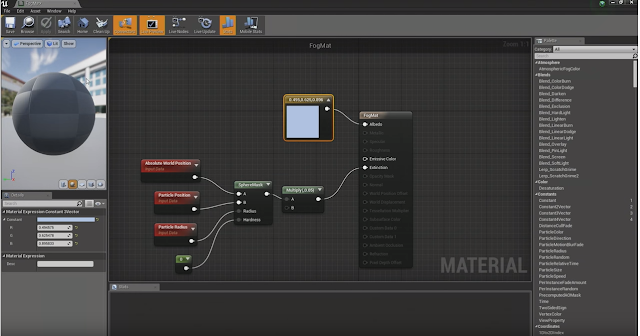Game Design Development Notes
Making games is fun, rewarding and satisfying. But, getting to a finished product is stressful, expensive and takes a long time.
These are some simple things to keep in mind when you start the process.
- Always have a target market audience in mind. Obviously make the game you want to make but be aware of market trends and and which existing games are doing well. It's always easier to adapt and successful idea than make a new one from scratch.
- Start small and keep it simple, work out your core game design principle and then build one feature at a time. Create a minimum viable product before you even get into visualization.
- Prototyping and frequent playtesting is crucial. Make sure each feature is solid and don't get too attached to ideas that keep holding up development. Iterate, adapt or just let them go.
- Training tutorials and well explained concepts, with feedback loops are important at the start of games but intuitive design can overcome a lot of basic obstacles. I still see a lot of VR games explaining how to hold and fire a gun. At this point, your just wasting time. If you have advanced mechanics of reloading, changing ammo or swapping gun parts its better to focus on that.
- Intro levels can help players learn the basics before actually playing the main level and be fully prepared. A five minute tutorial of how everything works all at once is overwhelming and most players will not absorb all of it. Break it down into parts as they are needed and then allow players to use them in game.
- Keeping players onboard and stay focused on the user experience. Having a huge five minute intro animation with a deep and fully developed backstory is completely wasted for a ten minute game. Backstory can be developed with level design storytelling and world interaction.
- Identify Critical Path and make back up plans. Having a team with each member performing a single role is often the most vulnerable point of the development. If a team member is sick or suddenly quits, this can cause months of delays or even put the whole project into jeopardy.
- Keep learning and set aside time each day or week to read postmortem articles from other developers. There are literally hundreds online and have experienced exactly what you are going through right now. Learn from their mistakes so you don't make the same ones.
- Create a Dev Blog and make daily or weekly updates. Writing something down really helps to reinforce the development. Solving problems and working through issues is one aspect, but understanding them so you can foresee and navigate around, or even through them in the next project is one of the most important skills you can learn.
- Never underestimate the time required to polish a project. A rushed game will be forever bad.
- So you finished your game, it's perfect but is there a reason to replay it. Story adventure games are usually over 60 hours because they know what the core players will only ever play it once. Having a fast paced action game in a VR arcade's core 'bread and butter' is getting the same player back again. What design features have you layered into the experience so it's still as enjoyable on the tenth playthrough.
I hope this list helps in some way or at least makes you rethink some small part of your game development. This is a huge subject and whilst I continue on my own career development, I'll be sure to keep writing about it!


